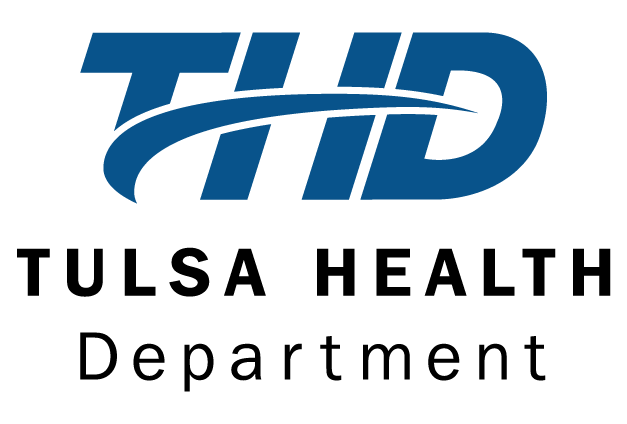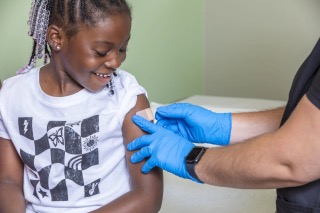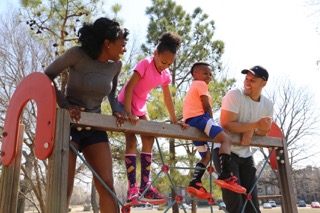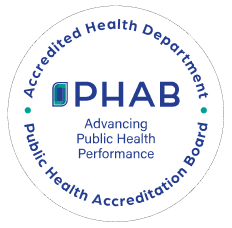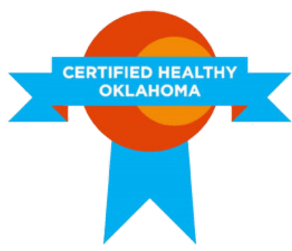Tulsa Health Officials Remind Parents and Caregivers of the Importance of a Safe Sleep Environment
TULSA, OK – [October 29, 2015] – Over the past ten years, Tulsa County’s infant mortality rate has decreased, but Sudden Unexpected Infant Deaths (SUID) is still among the leading causes of infant death.
SUID is the sudden and unexpected death of an infant younger than one year of age that does not have a known cause after investigation. Sudden Infant Death Syndrome (SIDS), unknown causes and accidental suffocation in bed all fall under the classification of SUID.
Doctors and researchers don’t know the exact causes of SUID; however, most occur while the infant is in an unsafe sleep environment. Of the sleep related deaths reviewed by Oklahoma Child Death Review Board of closed cases occurring from 2005 to 2013, 58.3% of babies slept with another child or adult and 64.1% slept on an adult bed.
“The loss of a child is a tragedy that deeply affects the entire family and supporting community,” said THD Executive Director Dr. Bruce Dart. “We can reduce the number of sleep-related deaths by bringing awareness and education to Tulsa County parents and caregivers.”
The Tulsa Health Department established a safe sleep coalition which collaborates with numerous organizations and agencies throughout Tulsa County to promote safe sleep environments. Additionally, the department’s Tulsa Fetal Infant Mortality Review (TFIMR) project reviews information for individual cases of fetal and infant deaths in order to identify trends and explore ways to reduce fetal and infant mortality.
Parents and caregivers can take actions to help reduce the risk of SUID and other sleep-related causes of infant death. THD recommends the following guidelines for parents and caregivers:
Baby should not sleep in an adult bed, on a couch, or on a chair alone, with you, or with anyone else.
Use a firm surface in a safety approved crib, covered by a fitted sheet.
Do not use pillows, blankets, sheepskins, or crib bumpers in baby’s sleep area.
Keep soft objects, toys, and loose bedding out of your baby’s sleep area.
Do not smoke or let anyone smoke around your baby.
Breastfeeding provides the best nutrition for your baby.
Make sure nothing covers the baby’s head.
Always place baby on his or her back to sleep, for naps and at night.
Do not let baby get too hot during sleep. Dress baby in light sleep clothing, such as a one-piece sleeper or a sleep sack and keep the room at a temperature that is comfortable.
For more information on infant safe sleep, visit the Oklahoma State Department of Health website at http://iio.health.ok.gov.
Tulsa Fetal Infant Mortality Review
The Tulsa Health Department’s Tulsa Fetal Infant Mortality Review (TFIMR) project is designed to enhance the health and well-being of women, infants, and families. By studying recent fetal and infant deaths occurring in the community, health officials are able to identify trends and explore ways to reduce fetal and infant mortality. The TFIMR process brings together key members of the community to review information for individual cases of fetal and infant deaths in order to identify factors associated with those deaths, establish if they represent system problems that require change, develop recommendations for change, assist in the implementation of change and then determine community effects. The TFIMR project is a collaborative effort of the Tulsa Health Department, the Oklahoma State Department of Health, the Tulsa Healthy Start Initiative and the Family Health Coalition.
